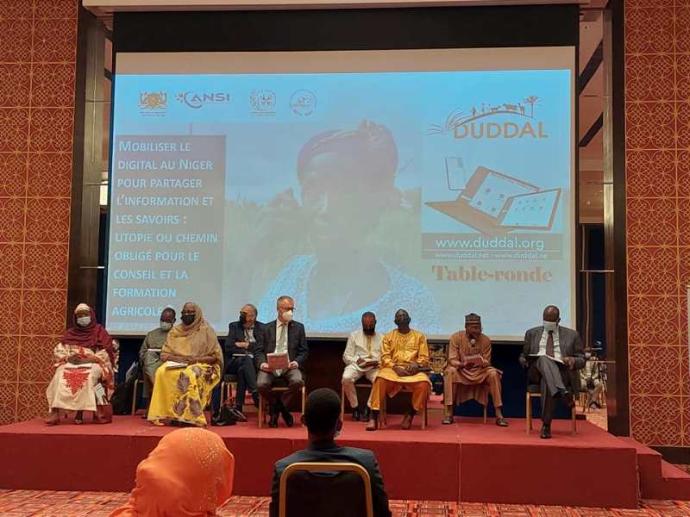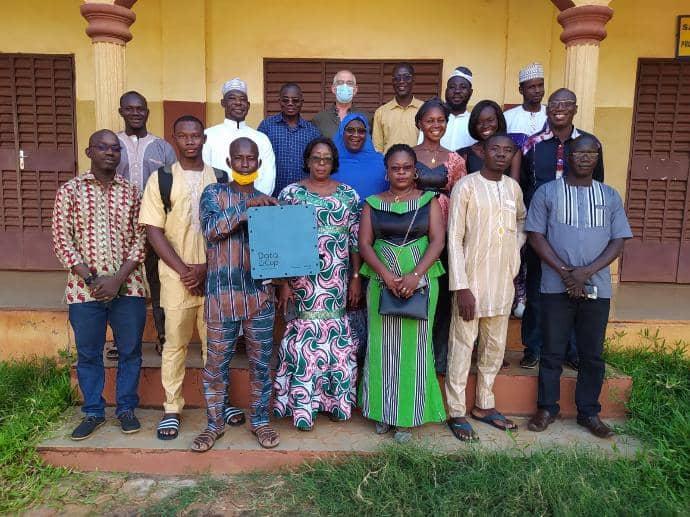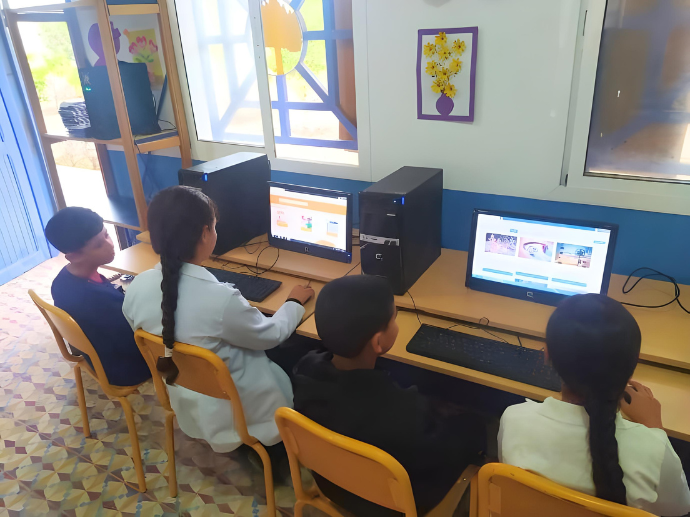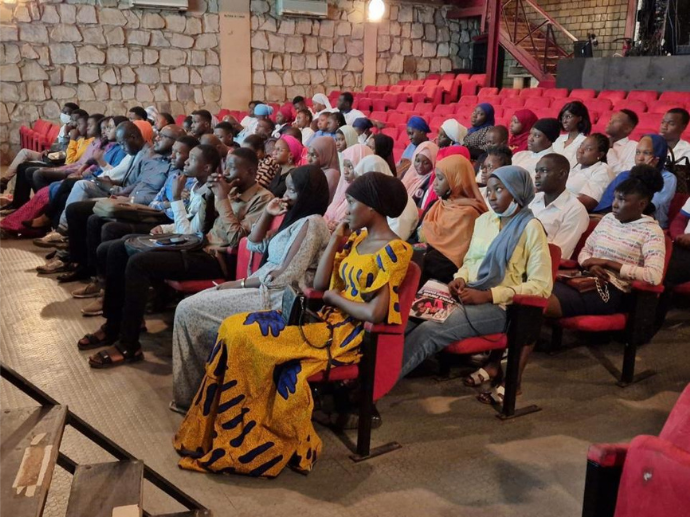Le Africa's digital landscape is undergoing rapid transformation. In recent years, competition among telecom operators has intensified, reshaping market dynamics—and more importantly, redefining how millions of Africans access the internet. But is this rivalry truly beneficial for all? Let’s explore the many facets of this digital shift.
Lower Prices, Better Accessibility
One of the most visible effects of increased competition is the drop in data prices. When multiple companies compete in the same market, consumers often benefit. In Africa, this logic holds true. For instance, in Kenia, the entry of Airtel as a competitor to the dominant Safaricom led to a dramatic decrease in mobile data prices, making the internet more affordable for a large part of the population.
According to a GSMA report, competition in the telecom sector has helped several Sub-Saharan African countries lower the price of 1GB of data to under $1—a symbolic milestone in the fight against the digital divide.
Expanded Network Coverage
Rivalry also pushes telecom operators to invest in better infrastructure. Each provider wants to offer the widest and most reliable coverage to attract new customers, especially in previously underserved regions. As a result, rural areas—once disconnected—are now seeing the installation of 4G towers, and even 5G in some cases.
In Uganda for example, MTN and Airtel have engaged in a "coverage war" in rural areas, leading to a significant improvement in service quality.
A Persistent Digital Divide
But not everything is positive. In some countries, market concentration prevents true competition. Where a single operator dominates, prices remain high and service quality lags behind. Moreover, competition often drives investment toward urban areas, which are more profitable—widening the gap with rural regions.
This has resulted in a regional digital divide, where access to reliable connectivity still depends heavily on geographic location.
Could the Solution Come from the Sky?
In response to these limitations, new players are entering the scene and disrupting traditional models. One example is Starlink the satellite internet service developed by SpaceX, which has already launched in countries like Nigeria and Rwanda.
This technology offers connectivity in remote and isolated regions, without relying on traditional ground infrastructure—a potential game-changer that could rebalance the power dynamics in the telecom sector.
Healthy Competition—If Properly Regulated
For this competition to remain a force for good, African governments have a critical role to play. By regulating the market effectively, ensuring transparency, and supporting smaller or emerging providers, they can help ensure that connectivity becomes more equitable and inclusive.
Competition among telecom operators is a powerful engine of transformation. It can drive progress and expand access—but only if it’s well-regulated and geared toward serving all citizens, not just the most profitable markets.
 Duddal
Duddal SOS Village d'Enfants Niger
SOS Village d'Enfants Niger



Digital Africa: When Competition Between Operators Reshapes the Landscape